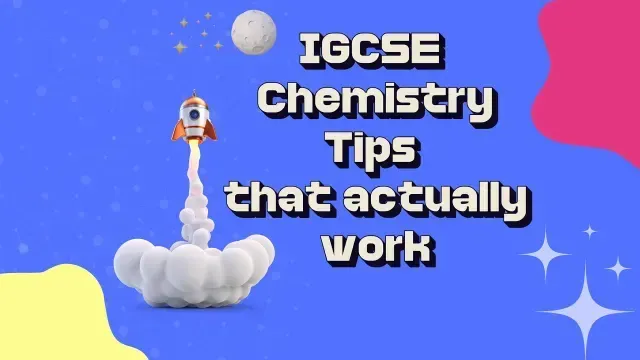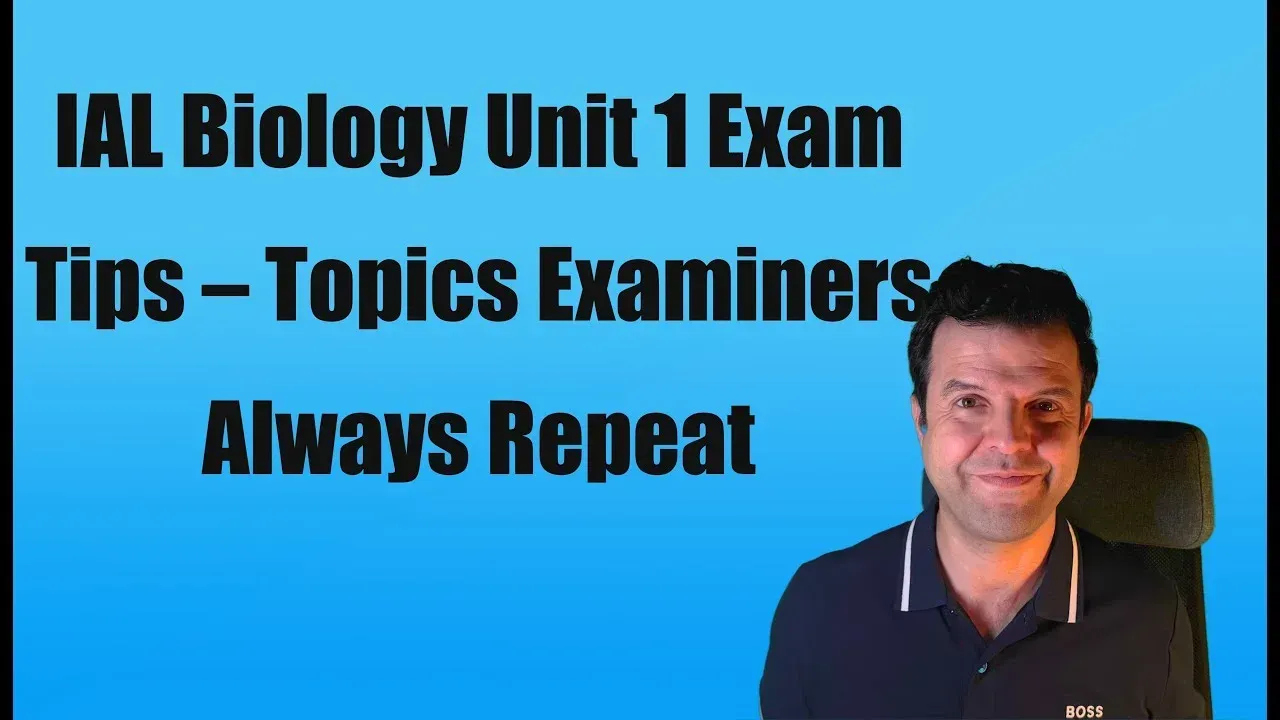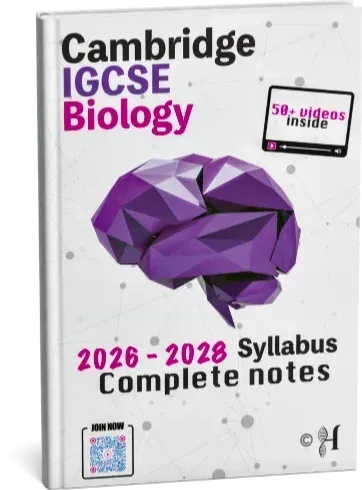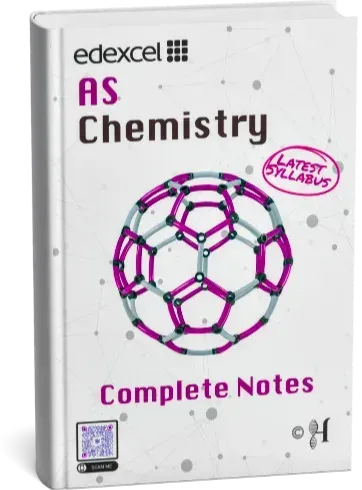How hard is IGCSE Chemistry?
Expert tips to pass and achieve an A* (9) in the 2025 - 2026 exams

IGCSE Chemistry is a subject that frequently raises questions regarding its difficulty. With a reputation for being one of the more challenging IGCSE subjects, many students wonder if they can successfully navigate its complexities. This blog aims to explore the challenges of IGCSE Chemistry and provide effective strategies for success.
Understanding the Difficulty of IGCSE Chemistry
Comparison with Other Subjects
IGCSE Chemistry is often viewed as more challenging compared to IGCSE Biology and is consistently ranked among the top five most difficult IGCSE subjects. This perception stems from the depth and breadth of the content covered in the syllabus, which can be daunting for many students.
Key Challenges
The subject encompasses complex topics such as atomic structure, chemical bonding, and the behaviour of gases. These concepts can be abstract and difficult to visualise, making understanding a significant hurdle. Additionally, the extensive syllabus requires students to memorise numerous formulas and apply scientific principles to unfamiliar scenarios.
Pass Rates and Implications
Despite its challenges, the pass rate for IGCSE Chemistry is relatively high, ranging between 82% and 85%. This statistic indicates that while the subject poses difficulties, it remains achievable for most students with the right approach and dedication.
Strategies for Success in IGCSE Chemistry
Understand the Syllabus
Familiarising oneself with the official syllabus is crucial. It outlines the topics covered and the command words frequently used in exam questions. Understanding these expectations helps students focus their revision effectively.
Use the right resources
It is highly recommended that you use ready-made notes instead of writing your own from scratch. This approach saves time and ensures that you have all the necessary information in one place. Among the various IGCSE Chemistry notes available online, The Complete Notes for IGCSE Chemistry receive the highest reviews from students. The author regularly updates these notes with the latest mark schemes and examiner reports. The notes are concise, omitting any extraneous information that is unlikely to appear in your exam. Additionally, the latest edition now includes videos that explain the key concepts in IGCSE Chemistry.
Master Core Concepts
Rather than relying solely on memorisation, students should aim to understand key concepts like atomic structure and chemical bonding. Employing diagrams and real-life examples can aid in visualising these abstract ideas.
Practice Past Papers
Regular practice with past exam papers is essential. This not only familiarises students with the format of questions but also helps them learn how to structure their answers to meet examiner expectations.
Utilise Mark Schemes
Studying mark schemes is invaluable for understanding what earns marks in exams. This knowledge helps students avoid losing points due to incomplete or vague responses.
Active Revision Techniques
Active revision methods, such as using flashcards, summary notes, and mind maps, can reinforce memory retention. Teaching concepts to peers or explaining them aloud can further deepen understanding.
Address Weak Areas
It is important for students to identify topics they struggle with early on and allocate additional time for improvement. Seeking help from teachers, tutors, or online resources can provide necessary support.
Time Management
Creating a revision timetable and adhering to it is vital. Breaking down the syllabus into manageable sections and reviewing content regularly can prevent last-minute cramming.
Exam Technique
During the exam, students should read questions carefully, underline key command words, and plan their answers. Effective time management is crucial to ensure that all questions are attempted.
Insights from the IGCSE Chemistry Master Class
Command Words in Questions
Understanding command words such as “describe,” “explain,” and “calculate” is critical. The IGCSE Chemistry Master Class emphasises the importance of knowing what each term entails and how it relates to the syllabus.
Regular Practice
Consistent practice with past papers and careful review of mark schemes align students’ answers with examiner expectations, enhancing their chances of success.
Active Revision
Active learning techniques, rather than passive reading, are vital for retaining information and mastering the material.
Resources for Further Study
- IGCSE Chemistry Master Class for 2024-2025 (YouTube)
- How I went from a D to an A* in IGCSE Chemistry (YouTube)
- Top 10 Hardest IGCSE Subjects - Vidyalai.com
Conclusion
In conclusion, while IGCSE Chemistry presents significant challenges, it is not insurmountable. By adopting effective strategies and maintaining a positive attitude, students can enhance their chances of not only passing but excelling in this subject. With the right resources and dedication, success in IGCSE Chemistry is within reach.
Try a free Class
IGCSE and IAL Guide for 2025 - 2026 Exams














